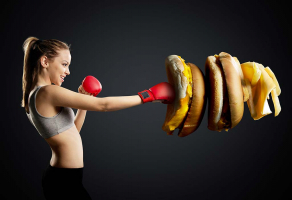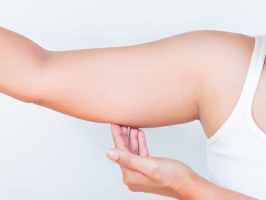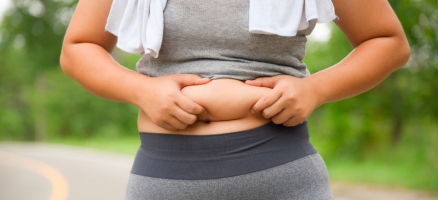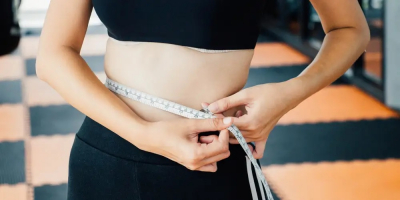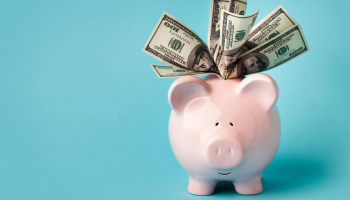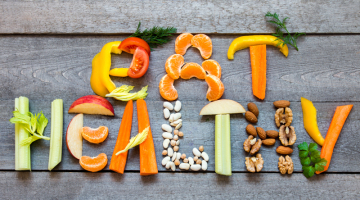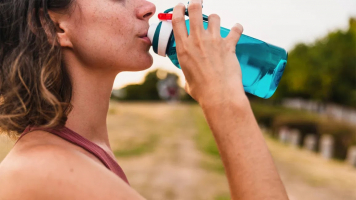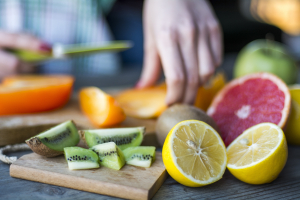Top 10 Sustainable Ways to Lose Weight in Your 30s
Throughout your life, particularly in your 30s, your health should be a primary priority. For some people, losing weight can help them improve their blood ... read more...sugar and blood pressure levels, as well as their inflammatory markers and mobility. Furthermore, maintaining a healthy and long-term body weight can help with self-esteem, body image, health-related quality of life, and depression symptoms. Below are some of the Sustainable Ways to Lose Weight in Your 30s!
-
Rather of focusing on your body weight or physical appearance, you could find it easier to achieve your objectives if you concentrate on other aspects of your health.
After 30 months, those who were motivated to lose weight to reduce their disease risk or improve their overall health, rather than for self-appearance reasons, achieved significant weight loss, according to one research involving 301 women. Women who were most motivated to lose weight in order to improve their looks, on the other hand, had gained weight at the 30-month mark. This doesn't mean that improving your appearance can't motivate you. Rather, it indicates that your desire to be liked by others should not be the only or even the main motivator for achieving a healthy body weight. Improving the quality of your diet, endurance, and energy levels, as well as reducing your disease risk, can all help you achieve long-term success on your weight loss journey.

Redirect your focus 
Redirect your focus -
Eating at regular intervals throughout the day helps in the faster burning of calories. It also reduces the temptation to reach for a high-fat, high-sugar snack. This has the benefit of allowing you to eat nutrient-dense meals while also helping you in losing weight.
Low-calorie, low-fat fruits and vegetables with high fiber are the most important ingredients for weight loss success. Besides, increased fruit and vegetable intake improves weight loss and may help you maintain healthy body weight, according to decades of scientific research. Increasing the number of vegetables and fruits in your diet is a great way to improve the quality of your diet, reduce your disease risk, and promote healthy weight reduction. In the morning, make your eggs with spinach, tomatoes, and onions, and serve them with a side of berries. You may also eat hummus-dipped vegetables as a snack or serve roasted mixed vegetables as a side dish with your meal.

Eat a balanced diet 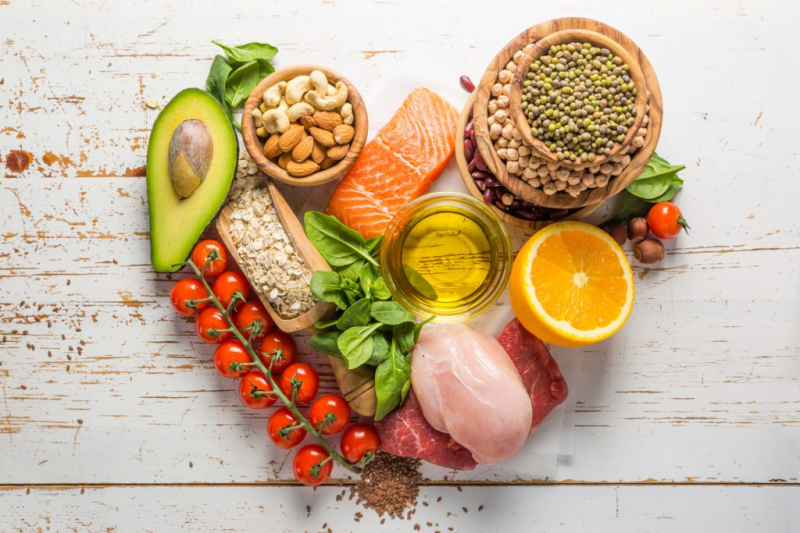
Eat a balanced diet -
Countless diets and detoxes use very low-calorie meal plans to promote rapid, extreme weight loss. The reality is that these diets, like drastically reducing your calorie intake, are likely to result in rapid weight loss.
These diets, on the other hand, are not a smart choice for long-term weight loss since they might have a negative impact on your energy levels, health, and overall performance. Crash dieting has been demonstrated in several studies to result in weight regain and compensatory changes that may make future weight loss and maintenance more difficult. Creating a satisfying dietary pattern that fuels your body while creating a small calorie deficit will result in slower weight loss, and of course, it will reduce your risks of regaining weight over time and ensure you get the nutrients your body needs.

Choose sustainability over speed 
Choose sustainability over speed -
Physical activity is essential for weight loss. Exercise, in addition to having numerous health advantages, can help in the burning of extra calories that cannot be lost by diet alone. Walking, running, jogging, swimming, and even dancing are examples of physical activity.
Most people think that in order to lose weight, they must participate in frequent high-intensity workouts. While including this type of activity in your daily routine might help you lose weight and increase muscle, it isn't required to achieve healthy body weight. It's just as important to be active every day by raising your step count and sitting less than it is to go to the gym a few times a week. It's important to gradually improve your activity level if you're currently sedentary. If you're only getting approximately 1,000 steps per day, try to get to 2,500 steps on most days of the week, which is about one mile (1.6 km).

Don’t underestimate daily activity 
Don’t underestimate daily activity -
Never put your health or happiness at risk by sticking to a diet or workout plan that makes you feel bad about yourself. If a diet is highly restricted or causes you to stress over food, it's a sign that the plan you're following is unhealthy and inappropriate for your needs. These diets do not help you lose weight and may potentially cause nutrient deficiencies. Instead, concentrate on eating nutritious foods, practicing mindful eating, and monitoring your portion sizes. Remember that each nutrient is necessary for your body to function properly and to stay fit and healthy.
The same may be said for physical activities. Find a different activity that you like and have pleasure doing if your new trainer or workout class makes you feel uncomfortable or bad about yourself. You should feel healthy, nourished, and energized after following a long-term dietary and activity plan.

Prioritize your health and happiness 
Prioritize your health and happiness -
Stress can have a mental impact, but what about physical effects? Stress has a negative impact on your body, causing everything from headaches to digestion problems. It can also raise your cortisol levels and make you crave unhealthy snacks. Both of these effects have the potential to cause weight gain. In your 30s, losing stress weight might be more difficult.
According to a small study, adopting stress-management skills can help you avoid gaining weight as a result of stress. Eating a well-balanced diet, getting enough sleep, and exercising on a regular basis can all help you manage your stress. You may also try mindful activities such as yoga or meditation to relax your body and mind. Talk to your doctor if you find that your stress isn't going away and is causing you to gain weight or have other health problems.

Keep stress in check 
Keep stress in check -
Many people in their 30s are trying to balance work responsibilities with family and social commitments, which may result in reduced sleep time and poor sleep quality. Chronic sleep deprivation increases hunger hormones and calorie intake while lowering satiety hormones and energy levels, making weight loss even more difficult.
A good night's sleep is an important part of a healthy weight-loss plan. Short sleep, which is commonly defined as less than 6–7 hours, has been related to a higher body mass index (BMI) and weight gain. Adults who slept less than 7 hours each night had a 41% higher risk of obesity, according to a review of 20 research involving 300,000 participants. In people who slept longer (7–9 hours per night), sleep was not a factor in the development of obesity. So trying to consistently get at least 7 hours of sleep is critical for weight management and overall health.

Prioritize sleep 
Prioritize sleep -
Fasting is defined as abstaining from all or some foods or drinks for a certain period of time. Intermittent fasting, on the other hand, involves cycling between eating and fasting phases that can last anywhere in a few hours. Fasting has been demonstrated to have a range of health benefits, ranging from weight loss to improved brain function.
When compared to older adults, people in their 30s benefit more from intermittent fasting. People get diseases like diabetes and thyroid problems as they become older. In such a case, staying fasting for an extended period of time is not recommended. Fasting can help you shed belly fat and boost your metabolism. However, fasting should not be confused with starvation. The two are fundamentally opposed to one another. Fasting can help weight reduction, however, starvation might make you weak and slow down the process.
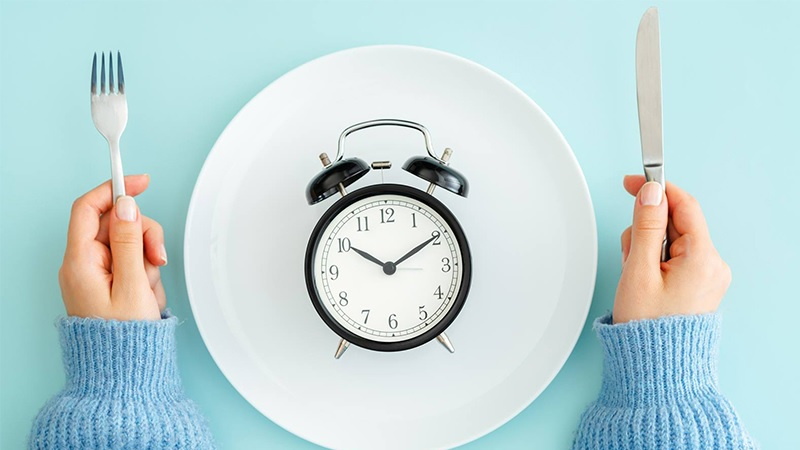
Try intermittent fasting 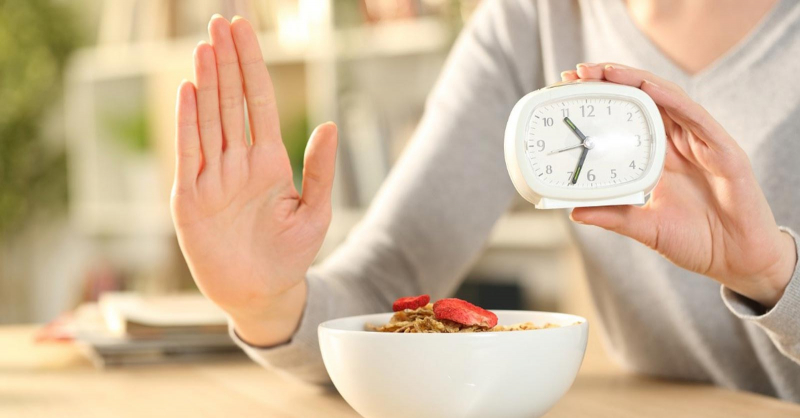
Try intermittent fasting -
There are a variety of fad diets that promise to help you "become skinny fast!" and address all of your weight-loss problems. Some popular diets may help you lose weight temporarily, but many will not. And most of them aren't long-term.
Dieting and disordered eating, according to a review of studies, will not help with long-term weight maintenance. Restricting your food intake and calorie intake might have a severe impact on your physical and mental health. Prioritize your well-being over whatever wellness trend is presently gaining traction. Make healthy choices, eat in moderation, and treat your body as if it were a temple. If you're having trouble or might benefit from personalized advice, talk to your doctor or a nutritionist.
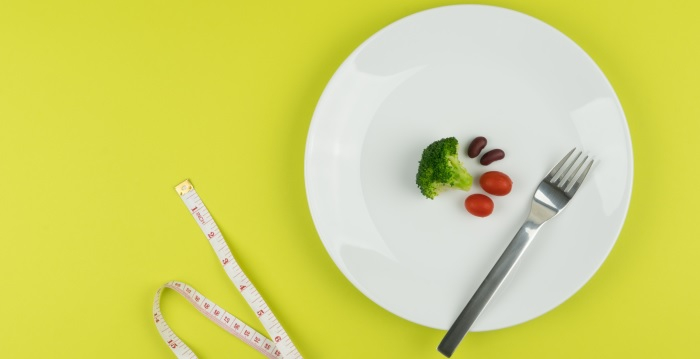
Just say “no” to fad diets 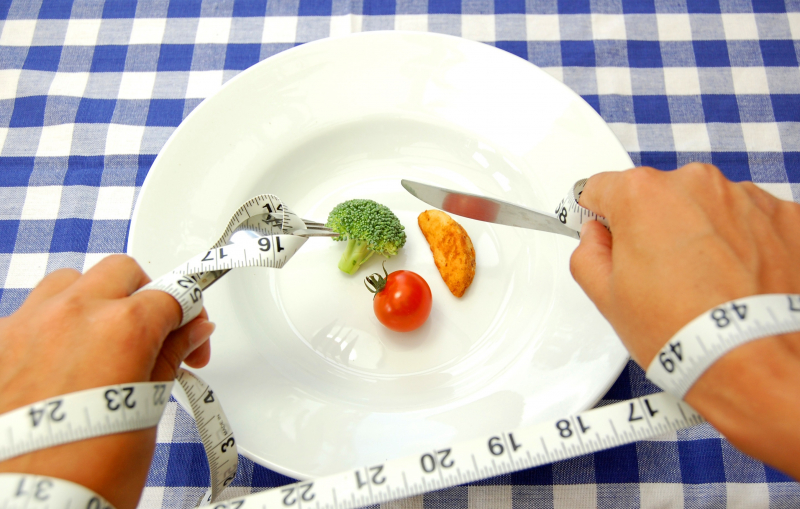
Just say “no” to fad diets -
On weekends, it might not seem wrong to drink 2-3 pints of beer while hanging out with friends. However, excessive alcohol use can easily ruin your weight-loss efforts. Alcohol is high in calories and low in nutrients. In other words, heavy drinking might increase your daily calorie intake.
Instead, drinking extra water throughout the day is a good idea. Staying hydrated is important when it comes to weight maintenance. Higher fluid intake was linked to better body composition, including a lower body fat percentage and a smaller waist circumference, according to a recent study including 358 adults aged 18 to 39. Your water requirements are determined by a variety of factors, including your level of exercise and body size. Checking the color of your urine is a simple way to see if you're dehydrated, alight straw color is ideal.
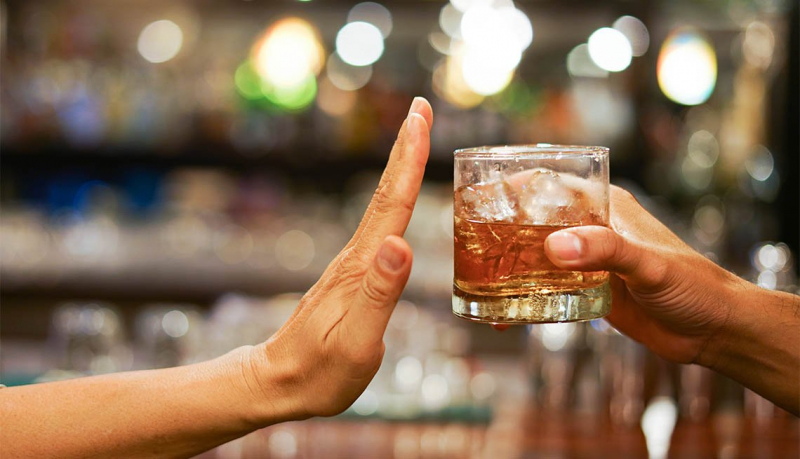
Cut back alcohol and drink more water 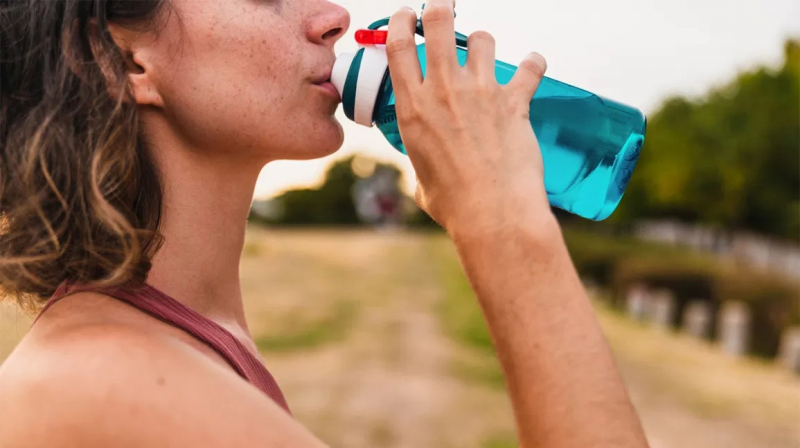
Cut back alcohol and drink more water













